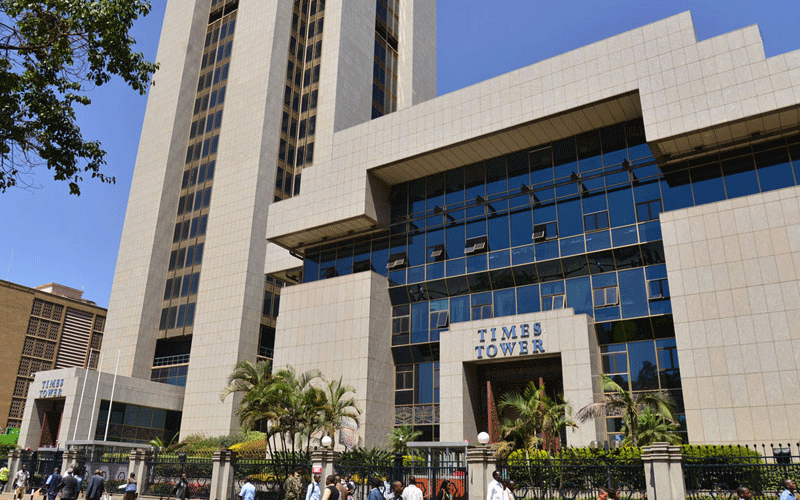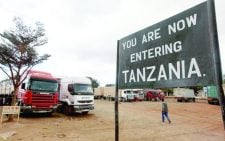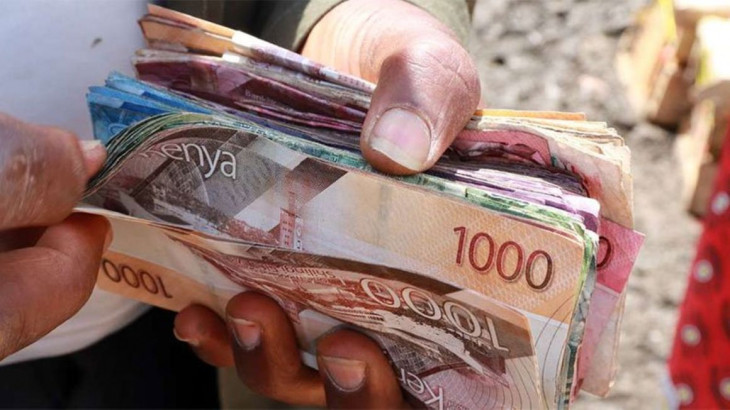Our tax policies must foster business resilience

Tax increases are rarely popular, more so today, when the country is still reeling from the impact of Covid-19 pandemic.
A survey conducted in May by Kenya Association of Manufacturers and KPMG revealed that manufacturers of essential goods have seen demand fall by 74 per cent, whilst 76 per cent were experiencing severe cashflow problems.
The numbers are much grimmer for MSMEs, with 86 per cent experiencing cash flow constraints, affecting their ability to meet tax obligations (64 per cent), pay employees (76 per cent) and pay other operational costs (79 per cent).
The decision to increase excise rates, by Kenya Revenue Authority, on at least 31 products from October 1, including fuel, bottled water, juice, cigarettes and alcohol, not only exacerbates the current challenges but also goes against the efforts to cushion mwananchi and businesses against the adverse effects of the pandemic.
A 5.43 per cent increase on these items means increased cost of production, which business will inevitably pass on to consumers through price hikes, to stay afloat.
This tax increase will also erode the income of small and medium retailers who rely on the sale of excisable goods for survival.
With struggling consumers no longer able to afford these products, businesses will either shrink or at worst, close down.
Additionally, illicit trade will thrive fuelled by consumer affordability challenges.
As industry, we recognise the role of government revenue in providing social amenities to citizens, including education and health services.
However, the additional tax increases, at this time, are likely to reduce government collections as production of the excisable goods decreases.
The government is already experiencing the effect of reduced production of excisable products due to the effects of the pandemic.
This is demonstrated through KRA’s 2019/20 full year performance results, which revealed that domestic excise tax collections, declined by 6.4 per cent in FY 2019/20, a dip from an average growth of 4.3 per cent recorded between July 2019 and February 2020.
Kenya has been grappling with illicit trade in the forms of smuggled, counterfeit and substandard goods, since long before Covid.
It is discouraging to note that we have seen an upsurge in the vice as a result of the supply gaps created by some containment measures.
Taxes on excisable goods make up for 40-60 per cent of the retail price, giving huge financial incentive for traders in illicit goods to evade tax.
Furthermore, the disparity in excise regimes in the East African Community has made Kenya a haven for illicit excisable products.
The manufacturing sector has been attracting huge investments for new and existing players in the past few years, more so, the excisable goods segment.
The proposed inflationary adjustment will deter investor’s ability to recoup their investments, and therefore decrease the confidence of local and foreign investors from investing in the country.
Given this dire state of affairs, we appeal to His Excellency the President and his Cabinet not to effect the proposed tax increase.
A tax rise amidst the pandemic will undo the benefits accrued from other Covid-19 interventions and rob honest citizens of basic services such as education, housing and healthcare.
It will destroy the livelihoods of honest workers, including retailers who are dependent on the typically high trade margins for excisable goods and the thousands of Kenyan farmers who cannot cope with a drop in the demand for their tobacco leaf or barley crop.
It will also cripple businesses that are reliant on fuel. And perhaps, it will effectively promote consumer migration to cheaper illicit product.
Our focus should be on building a resilient and sustainable industry to aid in charting forward its growth, development to attain the 15 per cent contribution to Kenya’s Gross Domestic Product (GDP) and create jobs as envisioned by the Big Four Agenda. — The writer is the CEO of Kenya Association of Manufacturers and the UN Global Compact Network Representative for Kenya — ceo@kam.co.ke















